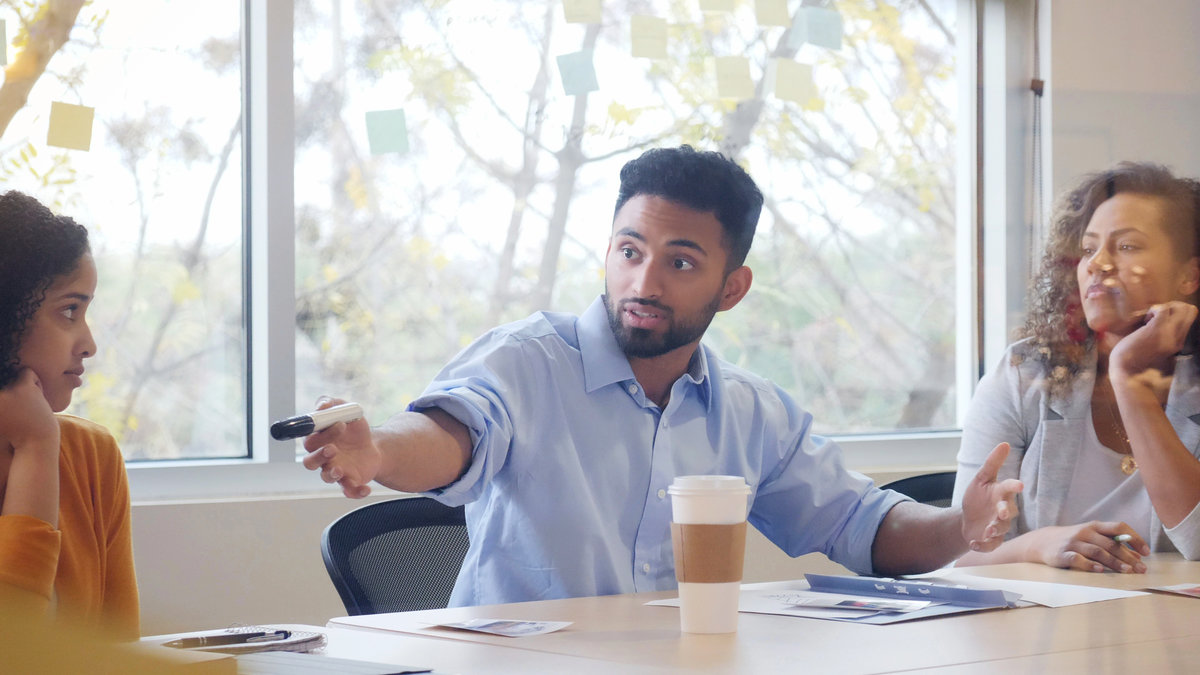Understanding Conflict Resolution Coaching
Conflict resolution coaching is a specialised field aimed at helping individuals and organisations navigate and resolve conflicts effectively. As a conflict resolution coach, you’ll work closely with clients to identify underlying issues, improve communication, and develop strategies for conflict resolution. This role requires a deep understanding of conflict dynamics and proven techniques for managing disputes constructively. By signing up as a conflict resolution coach, you’ll have the opportunity to make a significant difference in people’s lives, fostering healthier relationships and more productive environments. Moreover, conflict resolution coaching can be applied across various settings, including workplaces, families, and community organisations.
Essential Skills for Conflict Resolution Coaches
Effective conflict resolution coaches possess a diverse set of skills essential for facilitating productive discussions and negotiations. Firstly, strong communication skills are paramount, as coaches must convey complex ideas clearly and facilitate dialogue between conflicting parties. Additionally, active listening techniques are crucial for understanding each party’s perspective and fostering empathy. Emotional intelligence plays a vital role in recognising and managing emotions during conflict resolution processes. Moreover, problem-solving abilities enable coaches to devise creative solutions tailored to each situation. Finally, impartiality and neutrality are fundamental traits that ensure fair and unbiased mediation.
The Process of Becoming a Conflict Resolution Coach
Becoming a conflict resolution coach involves a combination of education, training, and practical experience. Many aspiring coaches pursue formal education in fields such as psychology, sociology, or conflict resolution studies. Additionally, specialised training programmes and workshops offer valuable insights into conflict resolution techniques and methodologies. Certification and accreditation provide credibility and demonstrate proficiency in conflict resolution coaching. Practical experience through internships or volunteer opportunities allows coaches to apply theoretical knowledge in real-world scenarios. Continuous professional development ensures coaches stay abreast of emerging trends and best practices in the field.
Building Your Career as a Conflict Resolution Coach
To build a successful career as a conflict resolution coach, it’s essential to establish your niche within the industry. Whether you specialise in workplace conflicts, family disputes, or community mediation, defining your expertise helps attract clients seeking specific solutions. Marketing yourself effectively through online platforms, networking events, and referrals can expand your client base and visibility within the field. Building strong relationships with clients based on trust and confidentiality fosters long-term partnerships. Setting competitive rates and fees reflective of your experience and expertise ensures fair compensation for your services.
Challenges and Opportunities in Conflict Resolution Coaching
While conflict resolution coaching offers rewarding opportunities, it also presents unique challenges. Dealing with difficult clients or entrenched conflicts requires patience, resilience, and adaptability. Maintaining ethical standards and impartiality is essential to uphold the integrity of the coaching process. Balancing professional commitments with personal well-being is crucial for preventing burnout and maintaining effectiveness as a coach. Staying updated with industry trends and emerging research equips coaches with innovative strategies for addressing complex conflicts. Exploring specialised areas of conflict resolution, such as international diplomacy or organisational mediation, opens up new avenues for career growth and impact.
Resources and Support for Conflict Resolution Coaches
Aspiring conflict resolution coaches can benefit from a wealth of resources and support networks within the industry. Professional associations and communities provide opportunities for networking, mentorship, and continuing education. Books, journals, and online resources offer valuable insights and practical tips for enhancing coaching skills. Workshops, seminars, and conferences provide platforms for learning from experienced practitioners and thought leaders. Engaging in mentorship programmes or coaching circles allows coaches to receive guidance and support from seasoned professionals. By leveraging these resources and support systems, conflict resolution coaches can enhance their effectiveness and make a meaningful impact in their communities.

